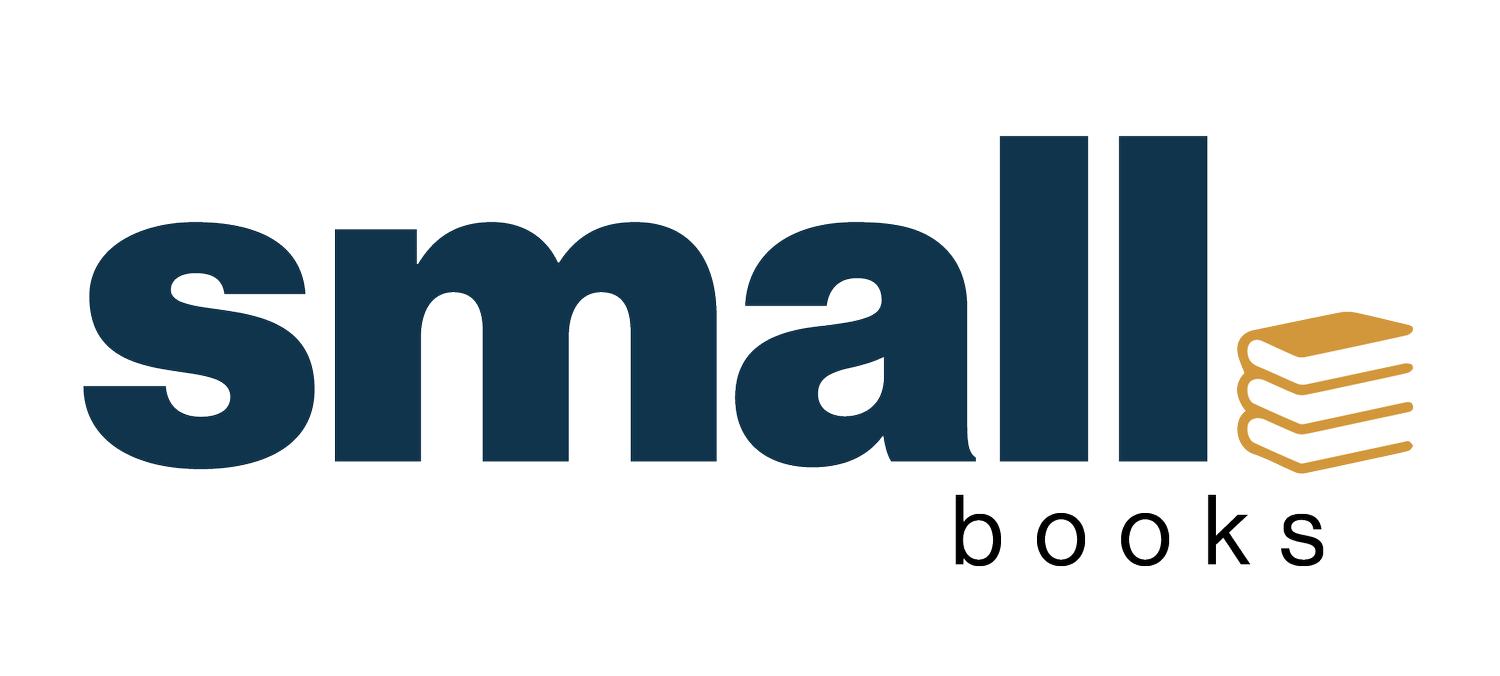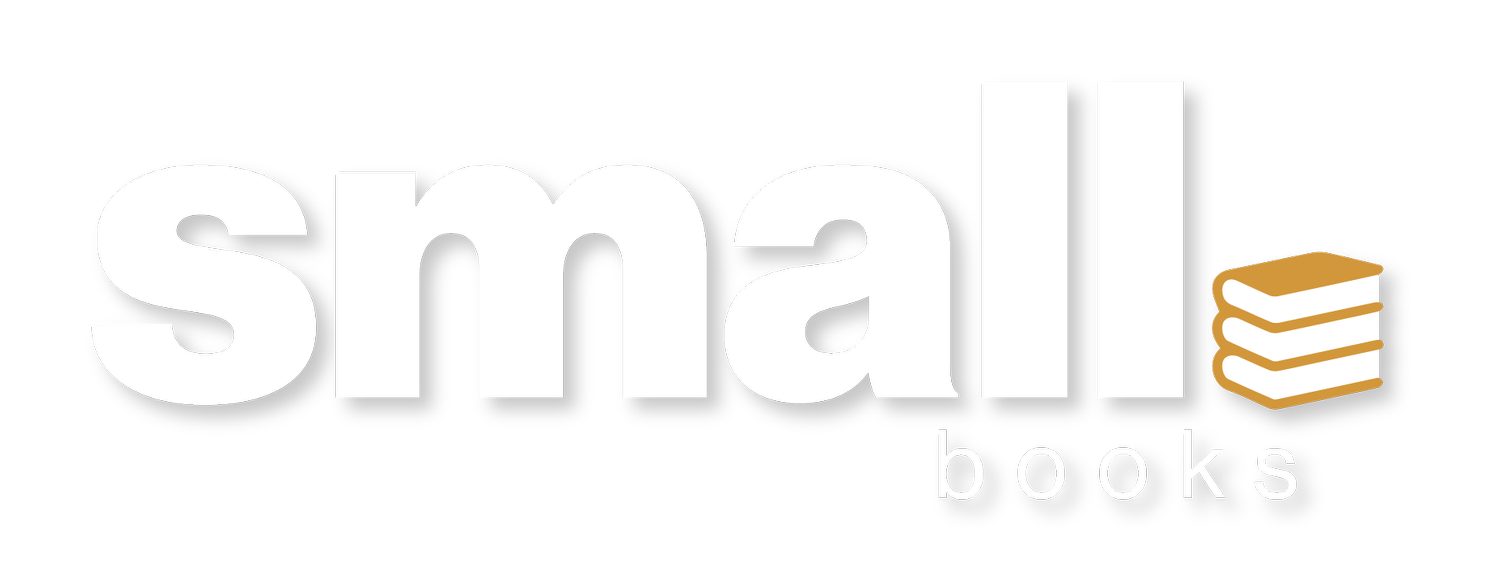Justin Trudeau Announces Temporary GST Relief: What This Means for Small Businesses
The Canadian government’s decision to introduce a temporary GST/HST tax break on groceries, gifts, and holiday essentials has sparked excitement among consumers—but it’s leaving many small business owners scratching their heads.
Effective from December 14, 2024, to February 15, 2025, this measure aims to help Canadians save money during the holiday season. But for small businesses, navigating these sudden, short-term changes presents a daunting challenge. With minimal notice, limited staff, and an already complex tax system, small business owners must act quickly to update processes and ensure compliance.
In this blog post, we’ll explore how this temporary tax relief affects small businesses and unpack the confusion surrounding its implementation. We’ll also provide insights to help you prepare and minimize disruption to your operations.
What Is the GST/HST Holiday Relief?
The government’s plan provides a two-month tax break on a variety of holiday-related goods, including groceries, children’s clothing, books, toys, and even Christmas trees. This initiative is projected to save Canadians approximately $1.6 billion in taxes, with the goal of easing cost-of-living pressures.
But for small businesses, the reality is more complex. Unlike large retailers with dedicated compliance teams, many small business owners now face the burden of implementing changes to their point-of-sale (POS) systems, retraining staff, and communicating the relief program to customers—all within a very tight timeframe.
What About Groceries?
The tax break applies to many food and beverage items that are not normally zero-rated, making the relief period even more confusing for business owners.
Essential groceries—like fresh produce, dairy, and meat—are already zero-rated and unaffected by the changes. However, the new measures temporarily extend tax relief to items that are usually taxable, such as:
Salty snacks (e.g., chips and popcorn).
Sweetened baked goods (e.g., doughnuts and pastries).
Prepared foods (e.g., sandwiches and platters).
These nuanced rules mean businesses must carefully distinguish between zero-rated items, temporarily tax-free items, and goods that remain taxable—a significant challenge for small operations with limited resources.
Qualifying Goods
The temporary tax relief applies to a wide variety of items that align with holiday shopping.
1. Food and Beverages
Restaurant meals, snacks, and catering.
Prepared foods like salads, sandwiches, and cheese platters.
Salty snacks, baked goods, ice cream, and bottled drinks.
Alcoholic beverages, including wine, beer, ciders, and spirit coolers with up to 7% alcohol by volume.
2. Children’s Items
Clothing: Garments up to girls’ size 16 and boys’ size 20, plus accessories like socks and mittens.
Footwear: Shoes designed for children with insoles of 24.25 cm or less.
Diapers and Car Seats: Includes disposable and reusable options.
3. Holiday and Gift Items
Toys for children under 14, jigsaw puzzles, and video games and consoles.
Christmas trees (natural and artificial).
Printed books and newspapers.
For a full, detailed listing visit the CRA web publication here.
Challenges for Small Businesses
While the GST/HST holiday relief is a win for consumers, the execution places considerable pressure on small businesses:
1. Tight Implementation Timeline
The program begins December 14, 2024, leaving businesses with little time to prepare. Updating POS systems, adjusting accounting software, and training staff on the nuances of qualifying goods is no small feat—especially during the busiest time of the year.
2. Complex Rules and Grey Areas
The relief applies to certain categories of goods but excludes others that seem similar. For instance, wine and beer are considered qualifying and will be non-taxable, but not if they exceed 7 per cent ABV. Children’s garments qualify as well, but not for sizes exceeding a girls size 16 or boys size 20. Navigating these details adds another layer of complexity for small businesses already stretched thin.
3. Strain on Resources
Many small businesses operate with limited staff and resources, particularly during the holiday rush. Implementing temporary tax changes diverts valuable time and energy away from serving customers and maximizing sales.
How Small Businesses Can Prepare
While the challenges are significant, taking proactive steps can help small businesses navigate the changes more smoothly:
Review the List of Qualifying Goods: Familiarize yourself with the specific categories of goods eligible for tax relief. Clear communication with staff and customers is crucial to avoid errors.
Update Systems: Work with your POS provider to ensure your checkout system reflects the temporary tax rules. Test the changes before the relief period begins.
Educate Your Team: Train employees to handle customer questions and transactions involving qualifying goods.
Communicate the Changes: Use signage and marketing materials to inform customers about the GST/HST relief and how it applies to their purchases. Highlight the savings as part of your holiday promotions.
Stay Organized: Monitor your finances and document any issues with implementation. This will help you reconcile your books and address potential discrepancies come tax time.
Turning a Challenge Into an Opportunity
Despite the hurdles, the GST/HST holiday relief offers small businesses an opportunity to attract cost-conscious shoppers. By emphasizing savings and promoting qualifying goods, businesses can boost foot traffic and encourage larger purchases.
However, the short timeline and complex rules make preparation essential. At Small-Books, we’re here to help you adapt to these changes. Whether it’s updating your accounting systems or ensuring compliance with the relief program, we provide the expertise you need to navigate this holiday season with confidence.
Have questions about implementing the GST/HST relief? Contact us today to learn how we can support your business during this critical time.
What's Small-Books?
We're an online bookkeeping service powered by real humans. Small-Books gives you a dedicated bookkeeper supported by a team of knowledgeable small business experts. We’re here to take the guesswork out of running your own business—for good. Your bookkeeping team imports bank statements, categorizes transactions, and prepares financial statements every month.



